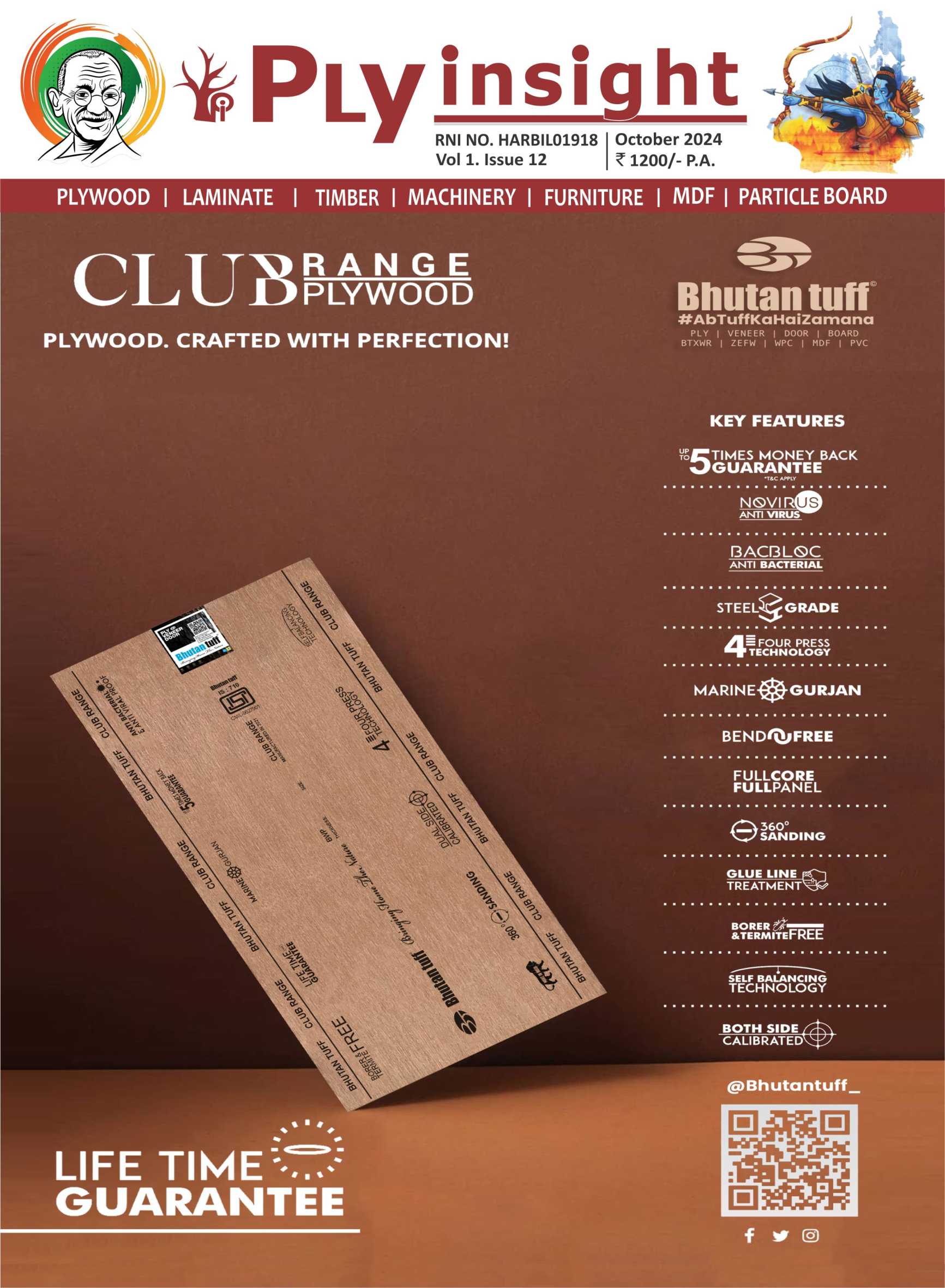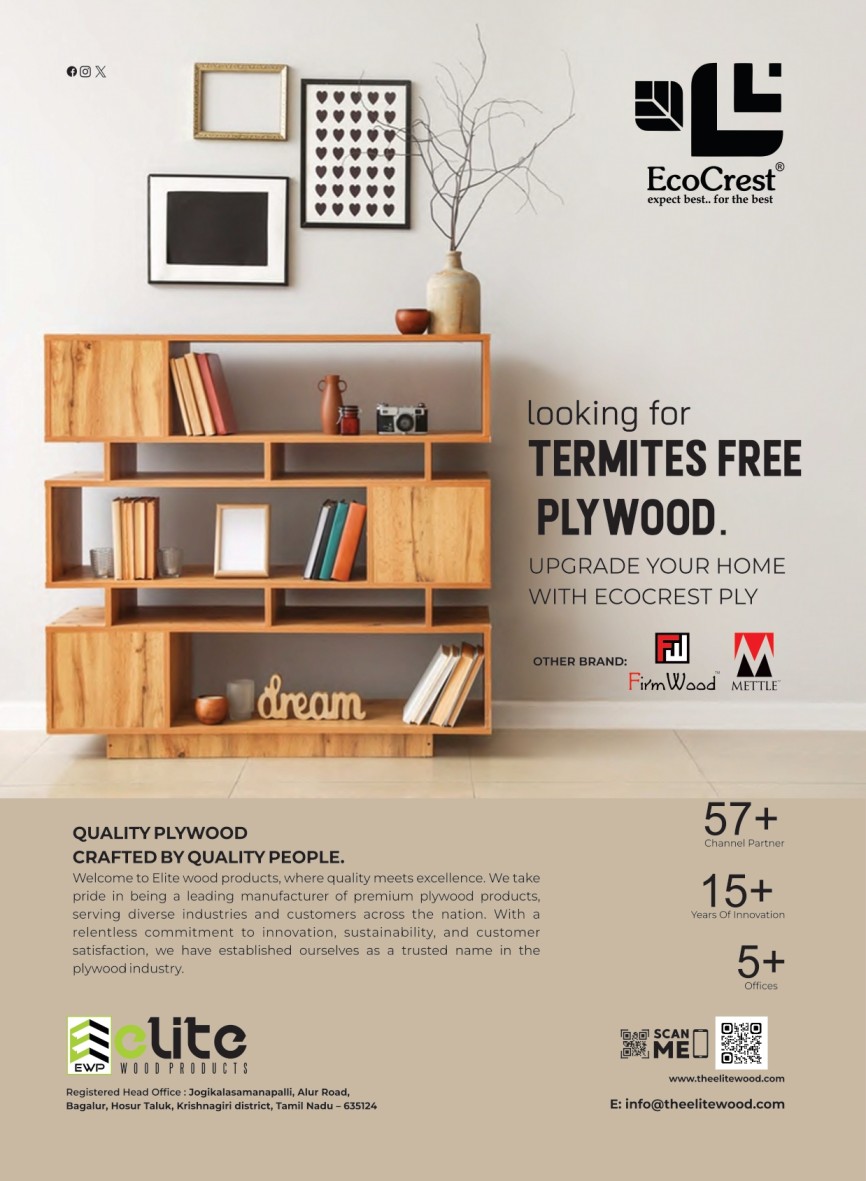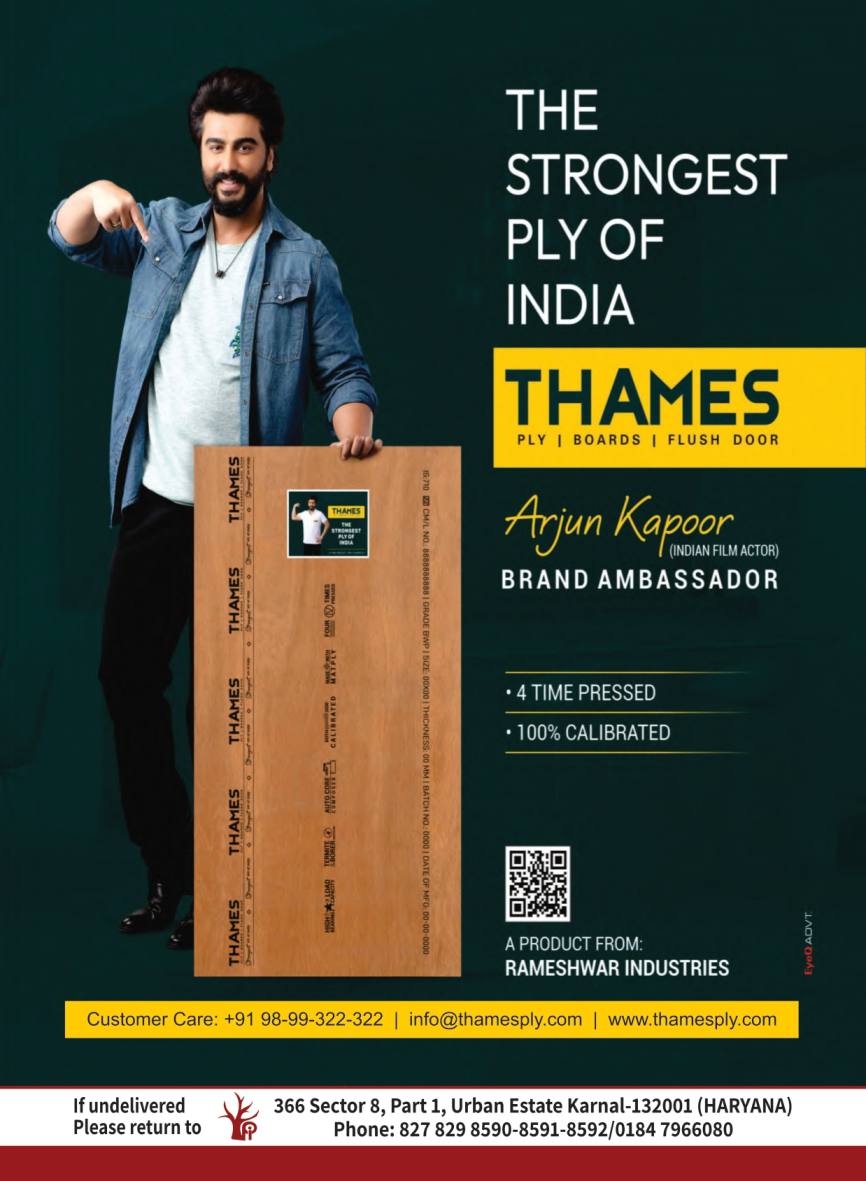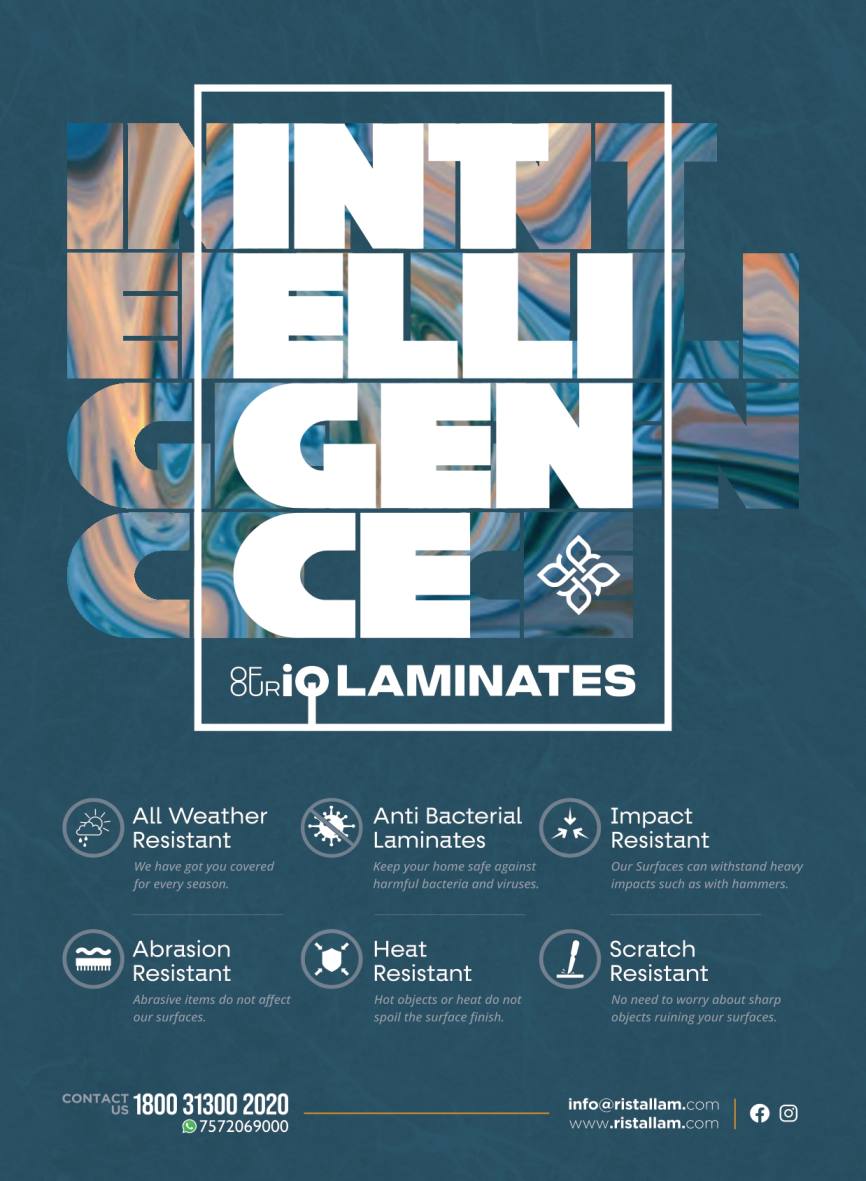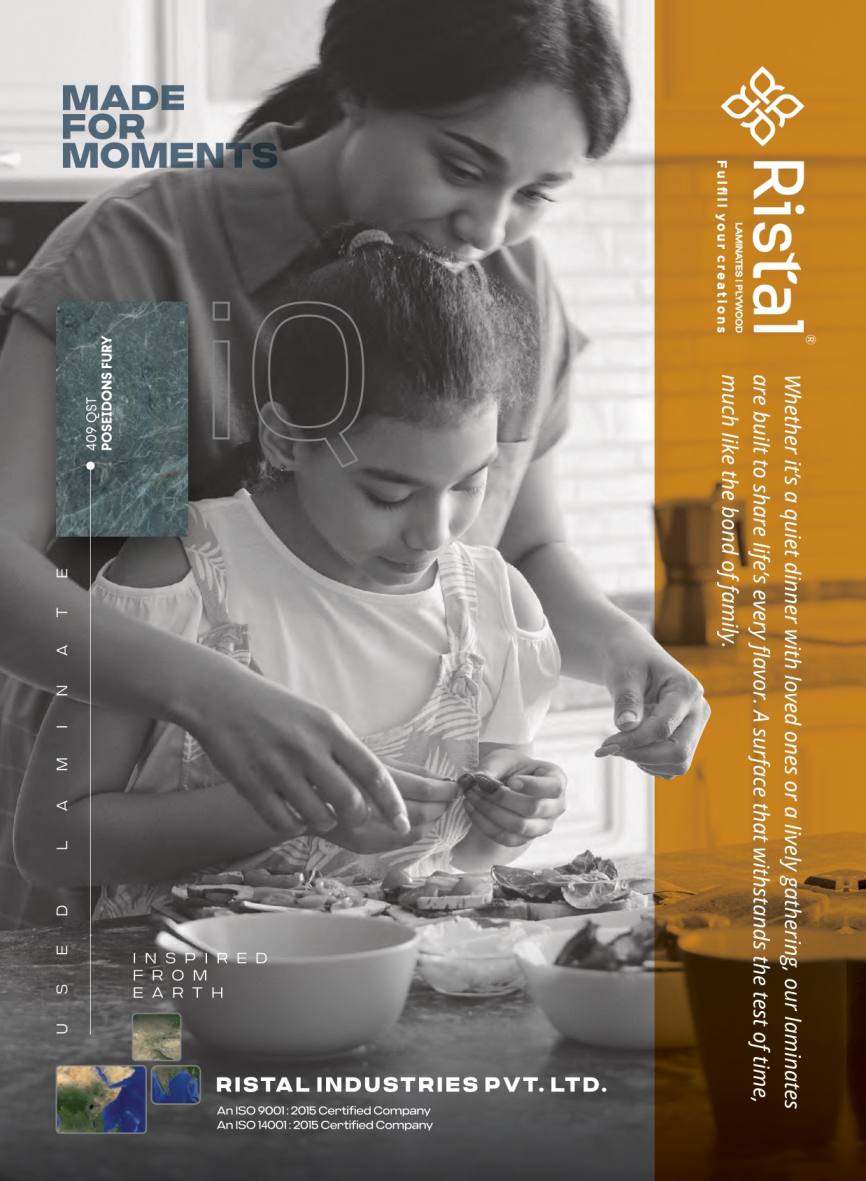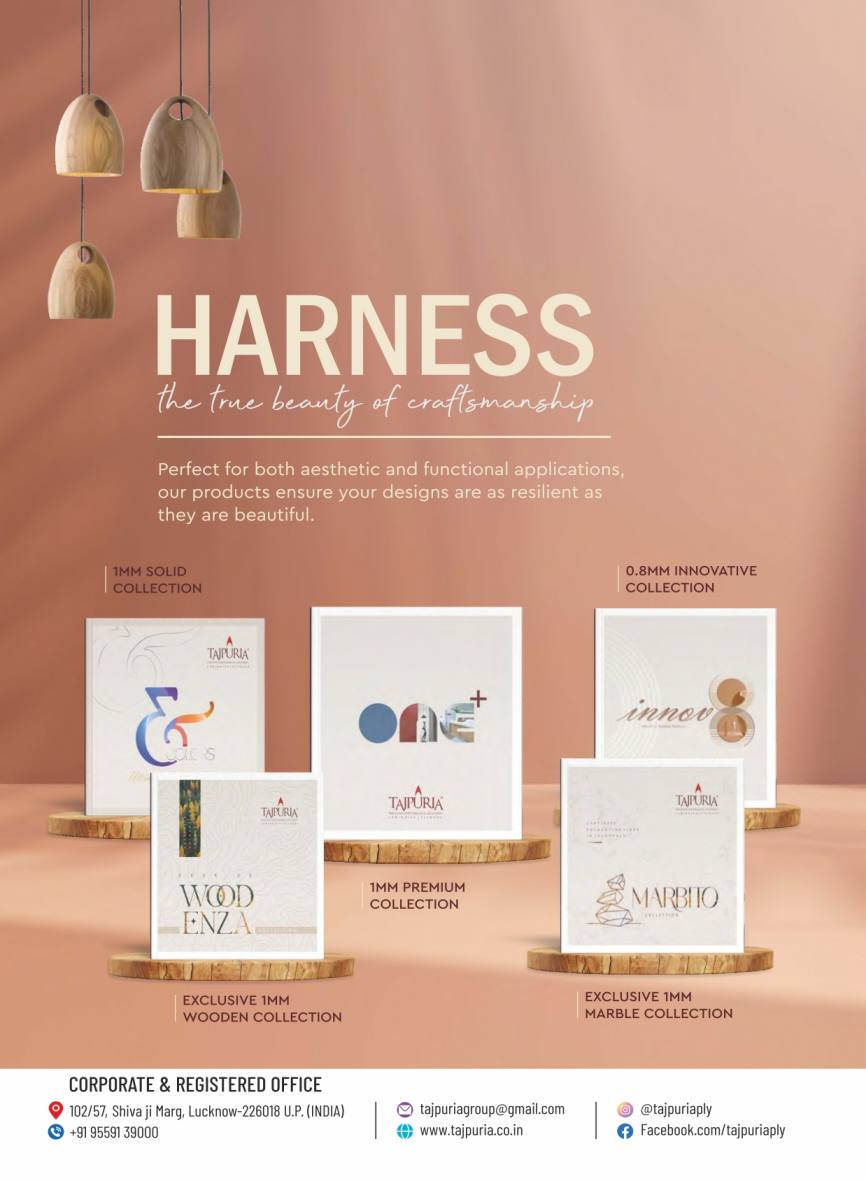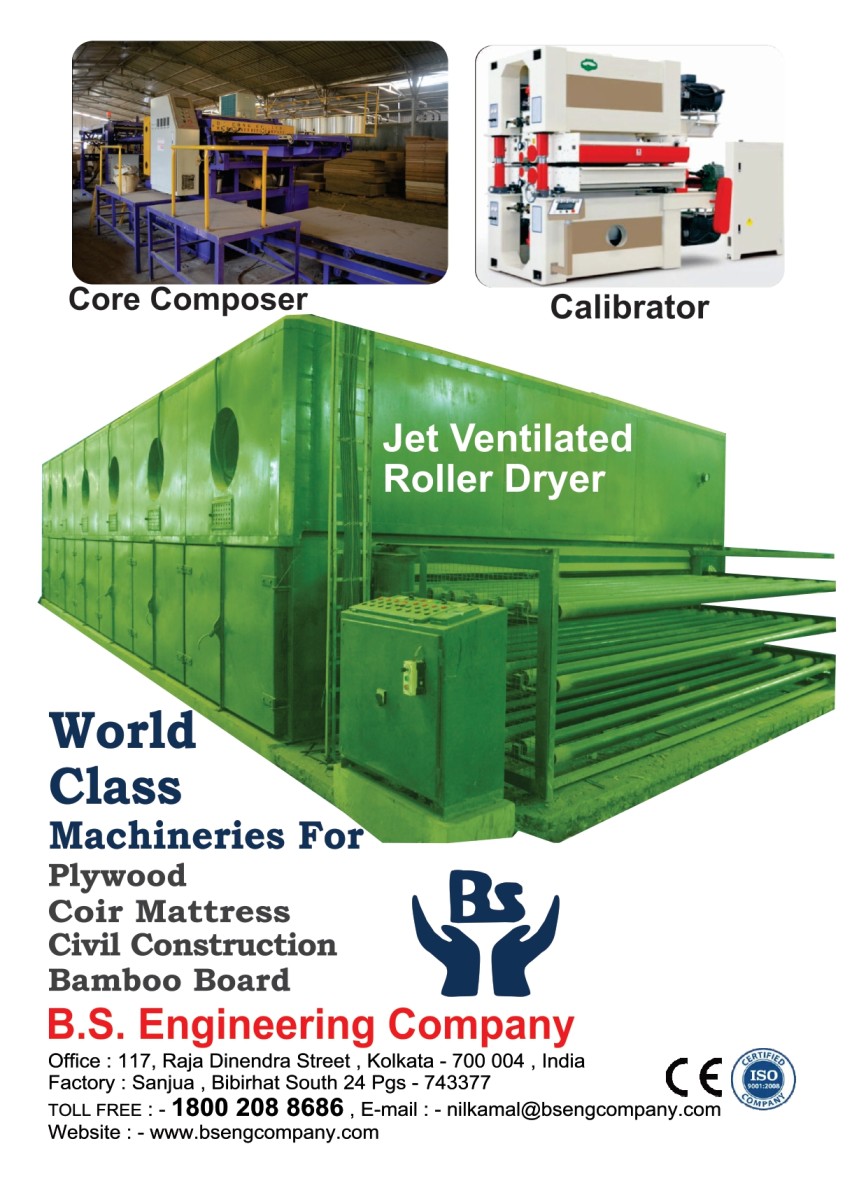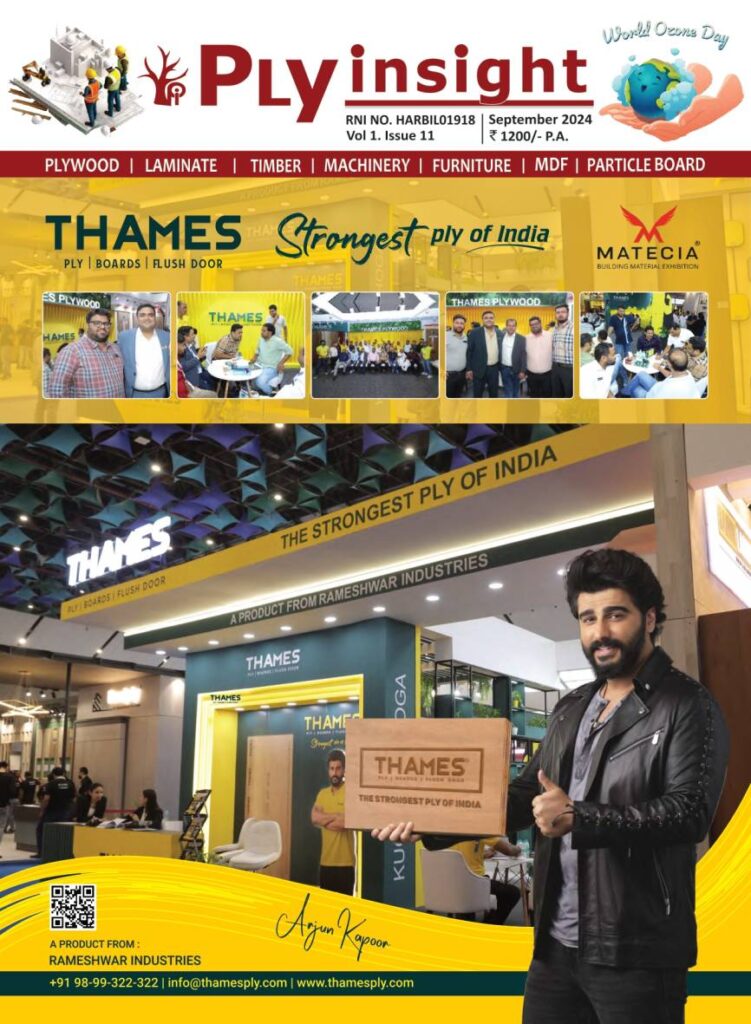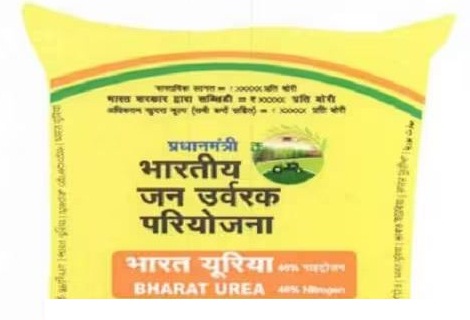
UREA-Free Resin: Technology for Plywood & Panel Industries in India
- मई 20, 2023
- 0
Recently, the most significant concern for manufacturers of plywood and panel board products in India has been the use of subsidized urea in factories, which is expected to bring owners in deep trouble irreversibly. Stringent and proactive measures are being taken against factories that use subsidized Urea. It is an open secret that this practice has been in place since our independence (or even before).
In the past decade, the demand for resin in the wood-based panel industry has increased significantly. However, due to the instability and fluctuation in prices of fertilizers and chemicals in international markets following the Ukraine conflict, the government is facing trade volatility and mounting subsidy bills. According to reports from the ministry, the industry uses approximately 10 lakh tons of subsidized urea annually. It is likely that some amount of illegal urea finds its way into neighboring countries like Nepal or Bangladesh as well. As a result, the government is grappling with an estimated subsidy bill of 6,000 crore rupees and additional losses in Goods and Services Tax (GST).
Urea is used to produce resin in various industries, such as plywood, particle board, MDF, textiles, leather, crockery, molding powder, and others. The wood-based industry (WBI) is the largest consumer of urea formaldehyde resin.
For thousands of years, India has been an innovative nation. The centuries of plunder, exploitation, and misuse of people & resources, have always brought out our best capabilities, tackling problems and situations 24/7, 365 days a year.
In the case of urea as well, India will triumph, India must win, and India will be made victorious, harnessing 100% domestic technology through superior innovation in this field, unmatched by any other in the world. Currently, there is no leader better than our respected Prime Minister, Shri Narendra Modi, who inspires us to overcome challenges through hard work and continuous dedication.
The development of urea-free commercial and MR-grade glue technology has been successfully developed, during the period of the COVID-19 pandemic period, and is fully ready to be commercialized and implemented in full swing.
Benefits for industries and India:
- 85% natural material.
- Compliance with CARB P2 / E0 standards.
- Compliance with IS: 303 MR grade testing for plywood.
- One-fourth the requirement of formaldehyde, leading to reduced methanol imports.
- 100% locally available materials (self-reliant technology).
Cost Estimation:
- The cost of commercial grade resin should be between Rs 17.50 and Rs 19.00 per kilogram.
- The cost of MR grade resin, conforming standard IS: 303 should be between Rs 21.00 and Rs 22.00 per kilogram.
- Above costing considers basic raw material price fluctuations.
- The market’s abnormal & extraordinary fluctuations have not been taken into account.
Opportunities in the hands of industries
After the availability of such advanced technologies, it is now the responsibility of industries to seize this opportunity and establish their excellence. If an industry does not want to change or adapt to the changes, it cannot contribute to the development of this sector or compete globally. The mentality of trading and grocery stores will not take us anywhere and will only make life more difficult without resolving daily issues, problems, and maintaining discipline in products.
It is hoped that such innovations will be recognized correctly and benefits will be reaped at the right time.
For more information, you can contact: Trubond Industries Private Limited, Delhi, Akolite Synthetic Resins, Mangalore, or Vaidyanathan. Jai Hind!
Vaidyanathan Hariharan (Vaidya), is founder Director of Kalpaka Research & Development Foundation, Ernakulam, Kerala, and works in plywood, wood & lignocellulosic panels, LFE resins, coir and bamboo product developments, moulded products, R & D, process optimisation, cost cutting, skill-development and special projects for high quality exports.
https://www.linkedin.com/in/hvaidyanathan
https://www.linkedin.com/in/krdf
यूरिया-मुक्त रेज़िनः भारत में प्लाईवुड और पैनल उद्योग के निर्माताओं के लिए प्रौद्योगिकी
हाल के समय में, भारत में प्लाईवुड और पैनल बोर्ड उत्पादों के निर्माताओं के लिए सबसे बड़ी निद्रा-विघ्नकारी बात थी, कृषि सब्सिडी वाली यूरिया का कारखानों द्वारा उपयोग किया जाना, जो कि उद्योगपतियों को असीमित कठिनाईयों में डालने वाला निर्णय साबित हो रहा है। यह खुला राज है कि इसका प्रयोग हमारी स्वतंत्रता के बाद (या इससे भी पहले) से हो रहा है।
पिछले दशक में लकड़ी पर आधारित पैनल निर्माताओं के लिए रेज़िन की आवश्यकताएं कई गुना बढ़ गई हैं, और साथ ही युक्रेन युद्ध के बाद उत्पन्न अंतर्राष्ट्रीय बाजारों में उर्वरक और रासायनिकों की कीमतो में वृद्धि और अस्थिरता के कारण, सरकार पर व्यापार विषमता और भारी सब्सिडी बिल का दबाव बढ़ता महसूस हो रहा है। मंत्रालय की रिपोर्टों के अनुसार, उद्योग प्रतिवर्ष लगभग 10 लाख टन सब्सिडी यूरिया का उपयोग कर रहे है। ऐसे अवैध यूरिया की कुछ मात्रा का नेपाल, बांग्लादेष आदि पडोसी देषों में भी जाना संभावित है। इसके कारण सरकार को अनुमानित रूप से 6,000 करोड़ रुपये के सब्सिडी बिल और अतिरिक्त जीएसटी हानि का सामना करना पड़ रहा है।
यूरिया को प्लाईवुड, पार्टिकल बोर्ड, एमडीएफ, टेक्सटाइल, चमड़ा, क्रॉकरी, मोल्डिंग पाउडर आदि में रेज़िन बनाने के लिए उपयोग किया जाता है। लकड़ी पर आधारित उद्योग (WBI) यूरिया फॉर्मलडिहाइड रेज़िन का सबसे बड़ा औद्योगिक उपभोक्ता है।
हजारों सालों से भारत एक नवाचारी देश रहा है। सदियों के लूट, शोषण और संसाधनों के दुरुपयोग ने, 24/7, 365 दिनों में समस्याओं और परिस्थितियों को परास्त करके, हमेशा हमारी सर्वश्रेष्ठ क्षमताओं को उभारा है।
यूरिया के मामले में भी, भारत जीतेगा, भारत को जीतना ही चाहिए, और विष्व में बेजोड़, शत प्रतिषत घरेलु प्रौद्योगिकी की उच्चतम क्षमता का उपयोग करते हुए, भारत को विश्व विजयी बनाया जायेगा। वर्तमान में, हमारे अपने माननीय प्रधानमंत्री श्री नरेंद्र मोदी जी से बेहतर कोई नेता नहीं है, जो हमें कठिन मेहनत और सतत् समर्पन से चुनौतियों का सामना करने की प्रेरणा देते है।
यूरिया मुक्त कमर्सियल और एमआर ग्रेड ग्लू तकनीक का सफलतापूर्वक विकास, कोविड-19 महामारी की अवधि के दौरान हुआ है, और इसे उपयोग में लाने और पूरी गति से लागू करने के लिए, अब यह व्यापारिक रूप से पूरी तरह से तत्पर है।
उद्योगों और भारत को होने वाले लाभः
- 85 प्रतिशत प्राकृतिक सामग्री।
- CARB P2 @ E0 अनुपालन।
- प्लाईवुड के IS: 303 MR ग्रेड परीक्षण का अनुपालन।
- फॉर्मलडिहाइड की चौथाई लागत, जिससे मेथेनॉल आयात भी कम हो जाएगा।
- 100 प्रतिशत स्थानीय उपलब्ध सामग्री (आत्मनिर्भर तकनीक)।
लागत निर्धारणः
- कमर्सियल ग्रेड रेजिन की लागत प्रति किलोग्राम 17.50 से 19.00 रुपये के बीच होनी चाहिए।
- मानक IS% 303 के अनुपालन करने वाली MR ग्रेड रेजिन की लागत प्रति किलोग्राम 21.00 से 22.00 रुपये के बीच होनी चाहिए।
- उपरोक्त लागत रॉ मटेरियल के मूल्य में बुनियादी परिवर्तन को ध्यान में रखते हुए अनुमानित।
- बाजार के असामान्य उतार-चढ़ाव को ध्यान में नहीं लिया गया है।
उद्योगों के हाथ में सुअवसर
ऐसी नवीनतम तकनीकों के उपयोग की सुविधा होने के बाद, अब यह उद्योगों की जिम्मेदारी है कि वे इस सुअवसर का लाभ उठाएं और इसमें अपनी श्रेष्ठता सिद्ध करें। यदि उद्योग परिवर्तन करना या परिवर्तन का समायोजन करना नहीं चाहता, तो इस सेक्टर का विकास और वैश्विक मुकाबले में प्रतिस्पर्धा करने में कोई भी मदद नहीं कर सकता है। ट्रेडींग और किराना स्टोर की मानसिकता हमें कहीं नहीं ले जाएगी और यह दैनिक मुद्दों व समस्याओं को उलझाने और उत्पादों को संयमपूर्वक बनाने को दुरूह करते हुए, केवल जीवन को और कठिन बनाएगी।
सच्ची आशा है कि ऐसी नवीनताएं सही संदर्भ में पहचानी जाएंगी और उचित समय रहते हुए इससे लाभ उठाया जाएगा।
अधिक जानकारी के लिए, उद्योगः ट्रूबोंड इंडस्ट्रीज प्राइवेट लिमिटेड, दिल्ली,, अकोलाइट सिंथेटिक रेज़िन्स, मैंगलोर, या वैद्यनाथन, से संपर्क कर सकते हैं। जय हिंद!



